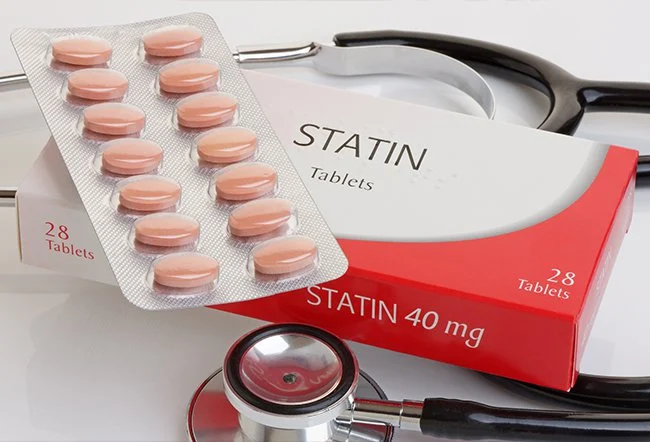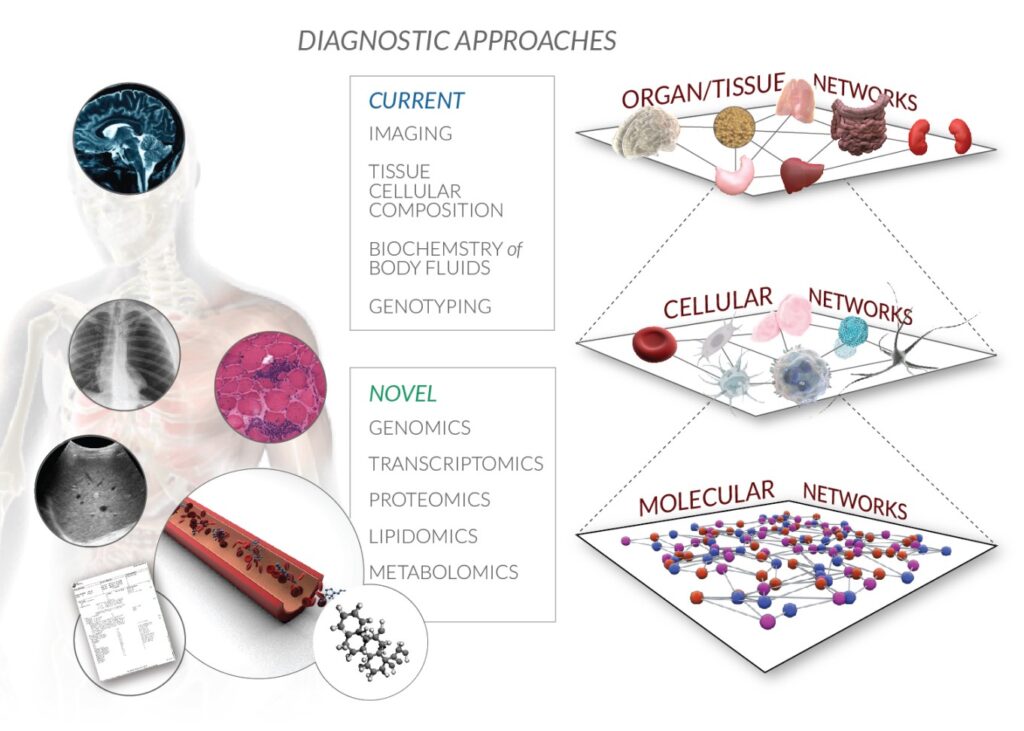
Embracing the Cycle of Life, Death, and Renewal: Exploring the Power of Love
I feel blessed to have had a mystical experience years ago, including a glimpse into the mystery of resurrection and life after death. While not

I feel blessed to have had a mystical experience years ago, including a glimpse into the mystery of resurrection and life after death. While not

Many important herbs are effective in supporting people with Parkinson’s disease. I will walk you through some of these herbs and other natural compounds that can help you or a loved one facing this disease.

Statins for Lowering Heart Disease: A Bogus Study Fuels False Claims Do statins for lowering heart disease work? The headlines recently announced that low doses

In my observation, far too many people today are merely surviving instead of thriving. I attribute most of the erosion of well being and resilience—including

The science of epigenetics is turning what we’ve long held true about biological destiny upside down. Although it remains true that our DNA—our genetic code—provides

Not so long ago, hormone replacement therapy (HRT) was routinely prescribed for menopausal women to alleviate menopausal symptoms such as hot flashes and insomnia, as

I’m intrigued by research on the Blue Zones, which are essentially hot spots of longevity. In these areas of the world, it’s not uncommon for